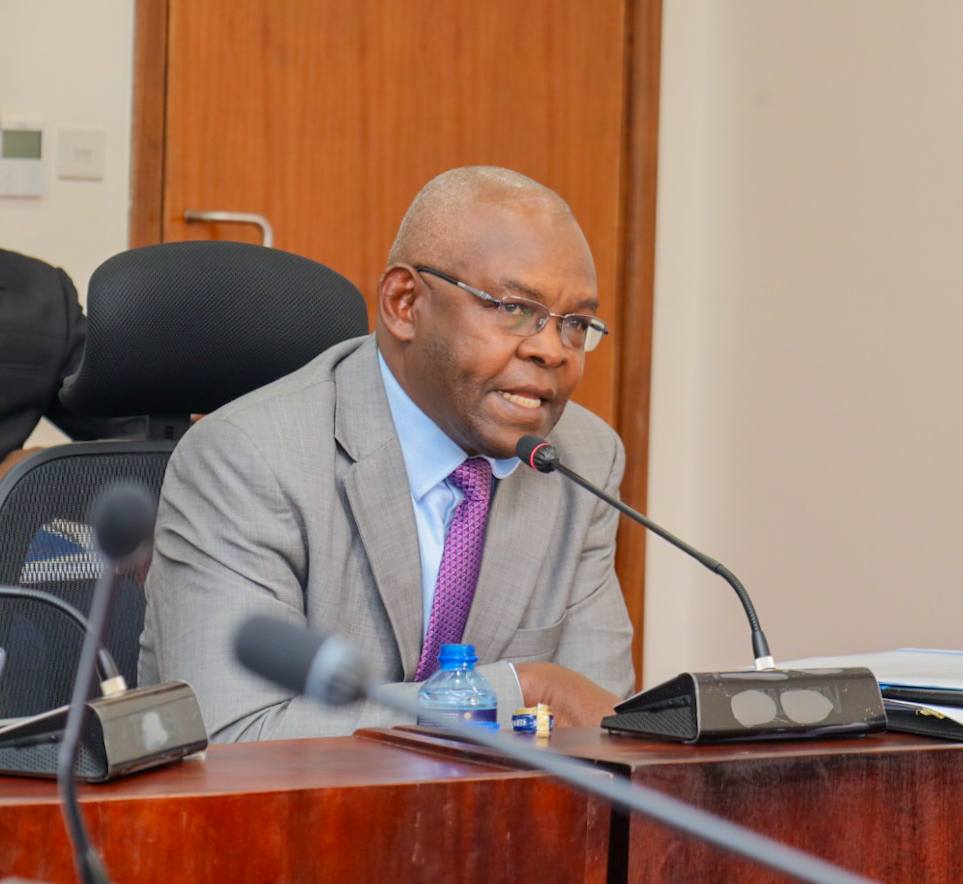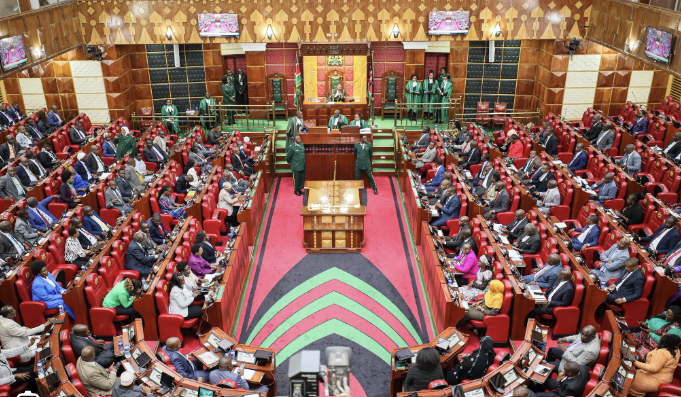In a stunning admission before Parliament today, the Central Bank of Kenya (CBK) revealed it does not have the legal authority to close unauthorized bank accounts opened by county governments.
CBK Governor Kamau Thugge made the confession during a Senate devolution committee session, triggering alarm over deep flaws in Kenya’s public finance oversight.Governor Thugge confirmed CBK is powerless to shut down any county bank account that operates outside the legally mandated framework.
He cited a legal void in the Public Finance Management Act, which, unlike regulations, does not explicitly empower CBK to enforce compliance—despite regulations requiring all county deposits (beyond petty cash) to be held at CBK.
Counties Exploiting the Gap.
The fallout from this loophole is already staggering: counties opened a staggering 1,763 new bank accounts within just 12 months through March 2025, swelling the total to 3,431. These accounts, scattered across commercial banks, evade CBK’s regulatory oversight and raise the risk of mismanagement and financial fragmentation.

Controller of Budget Sounds Warnings.
Controller of Budget Margaret Nyakang’o has joined the alarm, pointing out that the massive proliferation of unsanctioned accounts threatens accountability and control over public funds. Without clear and consolidated banking oversight, county expenditures slip beyond scrutiny—undermining constitutional safeguards.
Thugge’s Stark Admission in Senate.
Appearing before the Senate Committee on Devolution and Intergovernmental Relations, Governor Thugge explained that while CBK can advise or flag irregularities, it cannot compel county treasuries to comply. He described the legal framework as contradictory: regulations mandate CBK custody, but the main legislation remains silent on enforcement powers.
Thugge further acknowledged operational challenges, including CBK’s physical absence in many remote regions, leaving gaps in its monitoring capability.
Urgent Call for Legal Reform.
Senators from both sides of the aisle reacted with urgency. They called for immediate legislative reform to close the discrepancy between the Public Finance Management Act and its subsidiary regulations.
Without clear statutory authority, CBK remains a watchdog without bite, unable to secure Kenya’s devolved financial architecture.Experts warn that unless the law is amended, county governments may continue to open multiple unauthorized accounts—risking budget misuse, opaque transactions, and fragmented spending oversight.
National Implications at Stake.
With county finances estimated in trillions, this regulatory deficiency threatens to erode public trust in devolution. CBK’s transparency in admitting the authority gap has placed pressure on the government to fast-track reforms.
As the Senate demanded urgent action, Kenya now stands at a crossroads: uphold financial integrity through legal clarity—or risk financial chaos lurking beneath county-level autonomy.











Leave a Reply